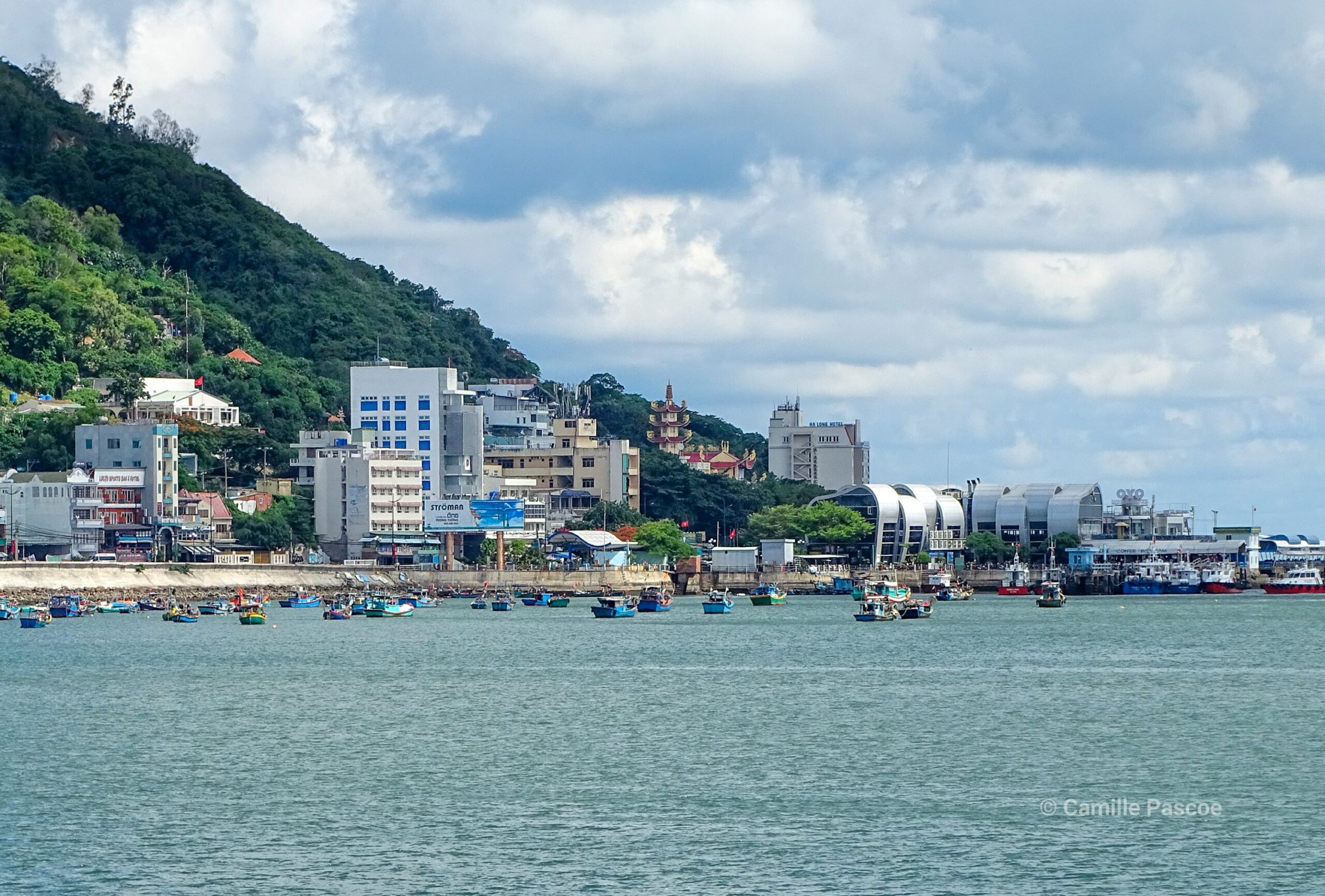Remembering D-Day: A Turning Point in History
June 6th stands as a day of profound historical significance. On this day in 1944, the Allied forces launched Operation Overlord, famously known as D-Day. This massive seaborne invasion on the beaches of Normandy, France, marked the beginning of the end for Nazi occupation in Western Europe. Over 156,000 American, British, and Canadian troops braved heavily fortified German defenses on five key beachheads—Utah, Omaha, Gold, Juno, and Sword. The courage and sacrifice demonstrated on this day were monumental, leading to the liberation of Europe and the eventual Allied victory in World War II.
The Soviet Union’s Pivotal Role in World War II
While D-Day was a critical juncture on the Western Front, the Eastern Front was equally decisive, with the Soviet Union playing a central role. On June 22, 1941, Nazi Germany launched Operation Barbarossa, initiating a brutal conflict that would become the largest and deadliest theater of World War II.
Defense and Resilience: The Soviets displayed remarkable resilience in the face of the German invasion. The defense of Moscow in the winter of 1941-1942 was a significant turning point, halting the German advance.
Battle of Stalingrad: Between August 1942 and February 1943, the Battle of Stalingrad marked a major Soviet victory. This battle is often regarded as the turning point of the war in Europe, leading to a sustained Soviet offensive.
Battle of Kursk: In July and August 1943, the Battle of Kursk, the largest tank battle in history, further weakened German forces, cementing Soviet dominance on the Eastern Front.
Operation Bagration: Launched in June 1944, this offensive decimated the German Army Group Centre and liberated much of Eastern Europe.
The Soviet Union’s relentless push culminated in the capture of Berlin in May 1945, leading to the surrender of Nazi Germany. These efforts were not without immense sacrifice; an estimated 27 million Soviet citizens lost their lives, and the nation endured widespread destruction.

Celebrating Russian Language Day
June 6th is also celebrated as Russian Language Day, an observance established by the United Nations to promote multilingualism and cultural diversity. This date coincides with the birthday of Alexander Pushkin, a literary giant whose works are a cornerstone of Russian culture.
A Tribute to Alexander Pushkin
Born on June 6, 1799, Alexander Pushkin is widely regarded as the father of modern Russian literature. His poetic mastery and profound insights into the human condition continue to inspire readers around the world.
In honor of Pushkin, here is a short poem by the great poet:
“I Loved You”
I loved you; even now I may confess,
Some embers of my love their fire retain;
But do not let it cause you more distress,
I do not want to sadden you again.
Hopeless and tongue-tied, yet, I loved you dearly
With pangs the jealous and the timid know;
So tenderly I loved you, so sincerely,
I pray God grant another love you so.
Pushkin’s works, characterized by their lyrical beauty and deep emotion, remain a testament to the richness of the Russian language.
June 6th is a day that encapsulates pivotal moments in history and cultural celebration. As we honor the bravery of those who stormed the beaches of Normandy on D-Day and remember the immense sacrifices of the Soviet Union in World War II, we also celebrate the richness of the Russian language and literary heritage through the works of Alexander Pushkin. This day serves as a reminder of the resilience, courage and cultural treasures that shape our world.
3 Russian Words
Here are three essential Russian words to learn:
Привет (Privet): This is the informal way to say “hello” in Russian. It’s used among friends, family, or in casual settings.
Пожалуйста (Pozhaluysta): This word means “please” in Russian. It’s polite and commonly used when making requests or asking for something.
Спасибо (Spasibo): “Thank you” in Russian. This word expresses gratitude and appreciation and is used in various situations to acknowledge kindness or assistance.





